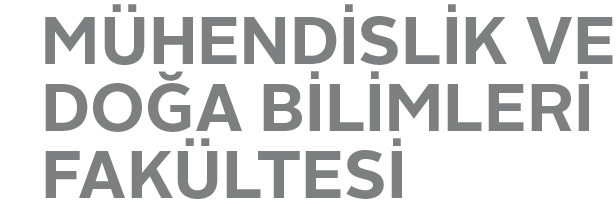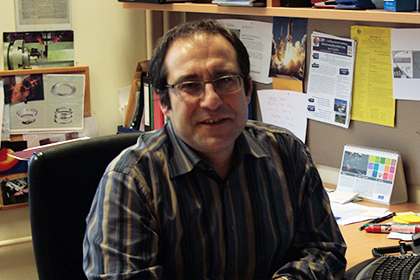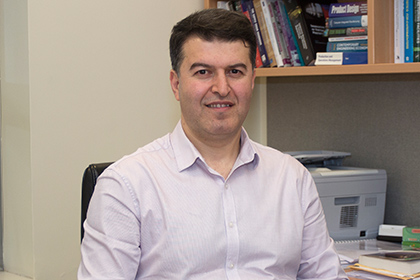Market conditions demand, at an increasing pace, faster and cheaper manufacturing of products of high quality. Considering the complex nature of manufacturing processes and systems, these factors can only be achieved through detailed engineering analyses. Modeling, monitoring, and automation in manufacturing enable the identification of optimal process conditions; furthermore, their maintenance throughout the production operations yields increased productivity, thus troubleshooting problems or helping to avoid them. Moreover, such analyses can be used in developing unmanned manufacturing systems. They are, as a result, the most important aspects of manufacturing process research, which employs analytical, numerical, or experimental methods. A significant increase in productivity and quality can be achieved as a result of these studies.One of the focus areas within the Manufacturing Processes Group is machining processes and machine tools. High flexibility and ability to produce super quality products make machining one of industry's mostly commonly used manufacturing processes. However, machining is also one of the most complicated processes because of the complex process physics and sophisticated equipment used.
Performance and precision in machining can be limited due to problems related to the process and the machine tool, such as high cutting forces, static and dynamic deformations of the structures, process stability, tool condition, and so on. The modeling and monitoring of the machining processes and machine tools are therefore key ways of avoiding these problems and increasing productivity.
In order to achieve these benefits, research is now being undertaken in several fields such as process mechanics, structural dynamics, process dynamics and stability, CAD/CAM integration and process optimization, thus demonstrating the multidisciplinary nature of manufacturing research.
Theoretical studies must be accompanied by practical applications to achieve a strong, well-balanced manufacturing program. In line with this goal, the manufacturing labs at Sabancı University are well-equipped with state-of-the-art equipment, including high speed and multi axis machine tools as well as various measurement and inspection systems. All studies are complemented with experiments not only to verify theoretical results but also improve students' skills in practice as well as in the laboratory. There are, for example, several externally funded projects supported by industry and TUBITAK. Some of the current projects include, but are not limited to: the modeling and optimization of multi axis machining operations; the modeling dynamics of machine tool components; the simulation of broaching processes; and the stability of turning, boring, as well as micro milling processes.
More detailed information can be found in the website of Manufacturing Research Lab



